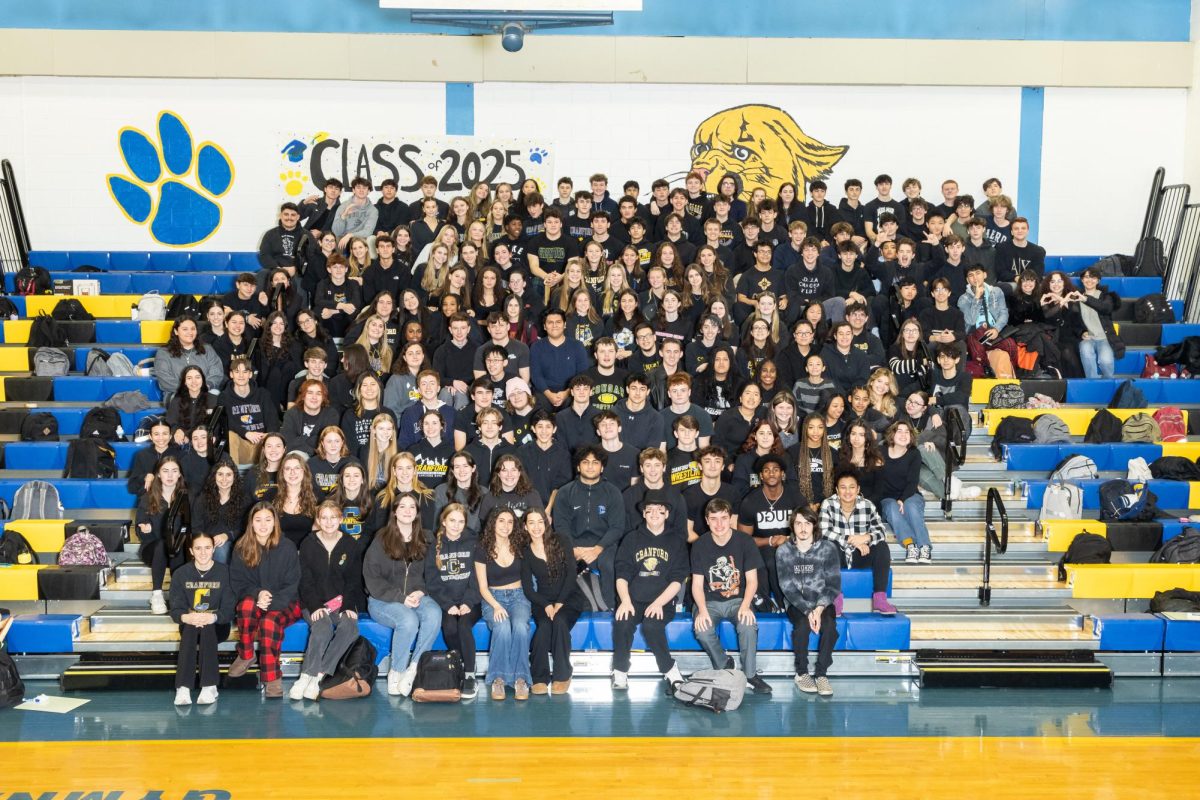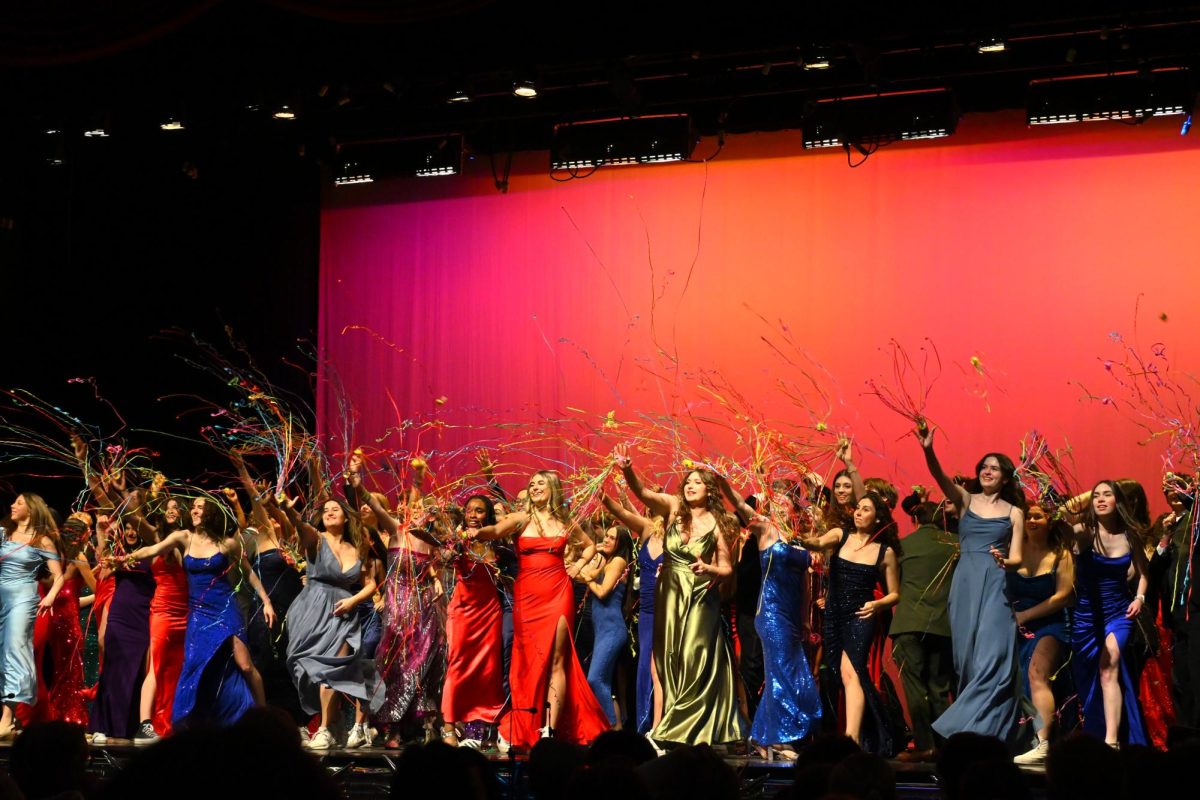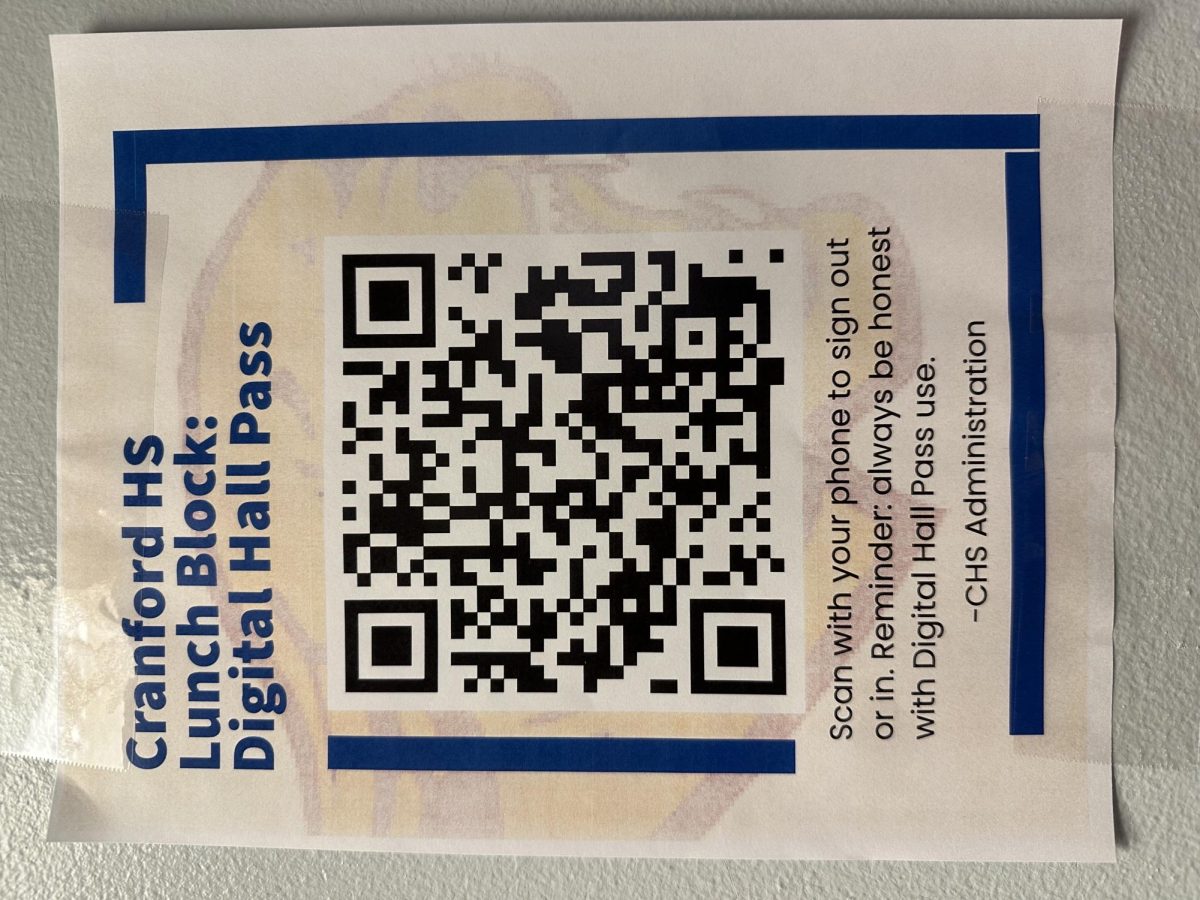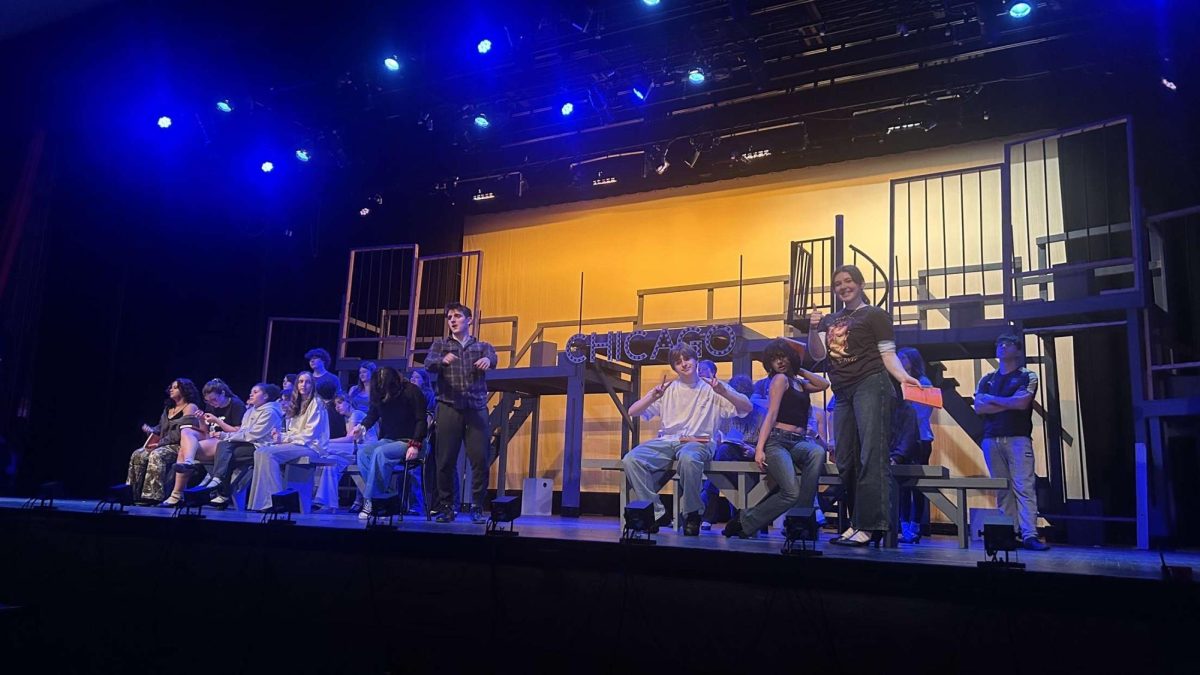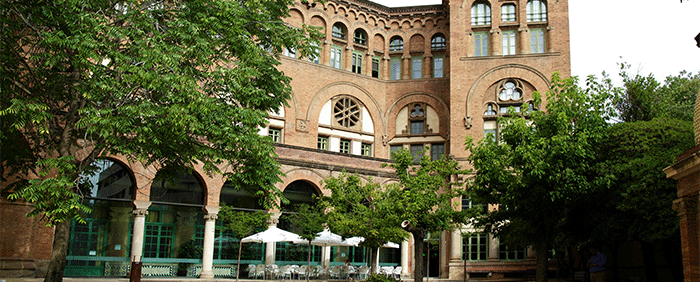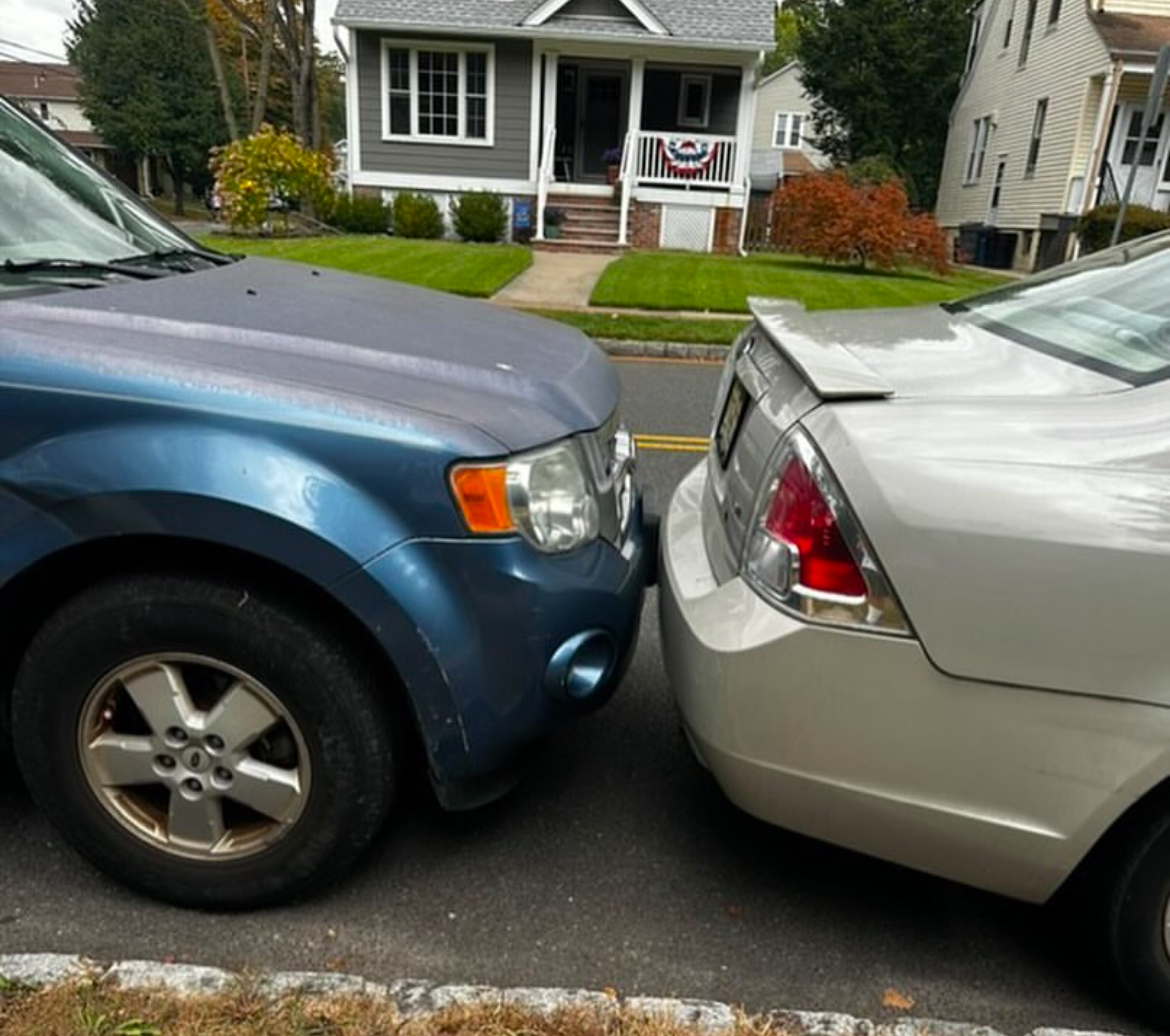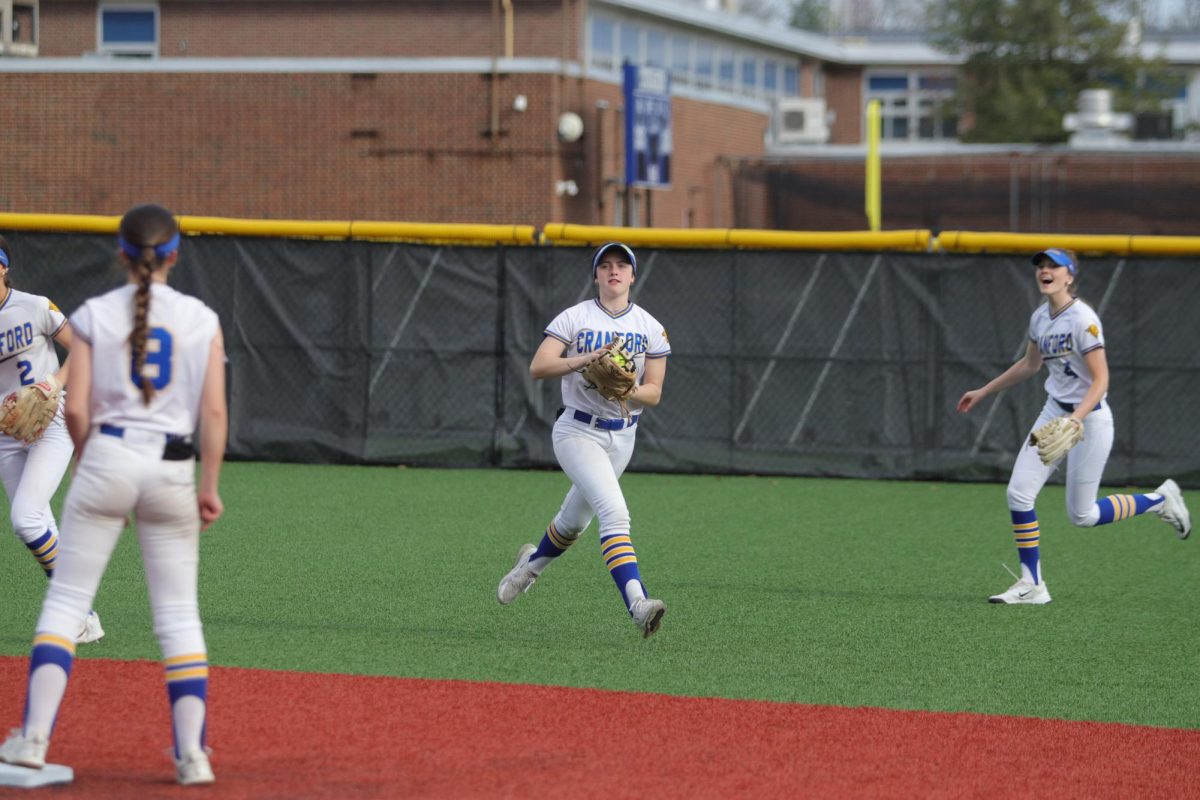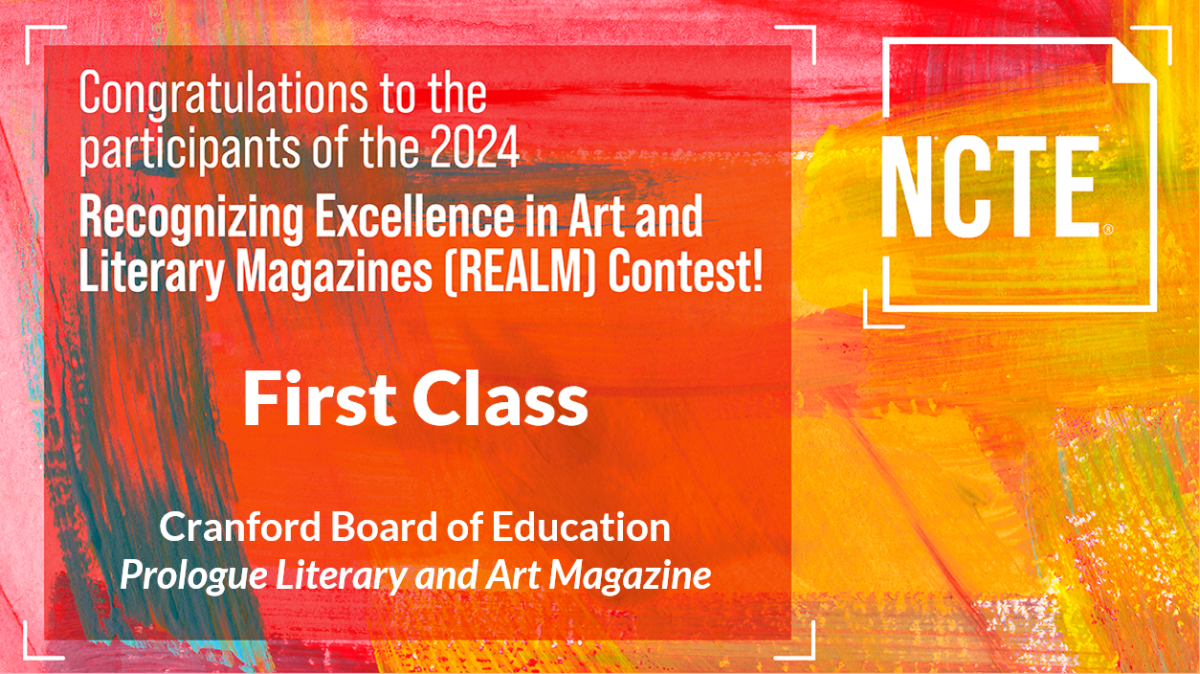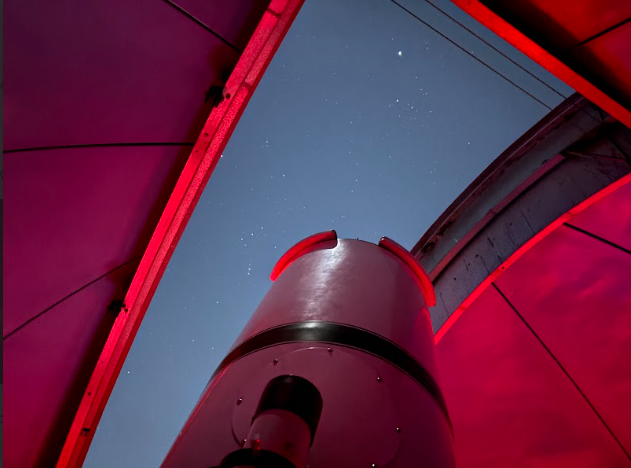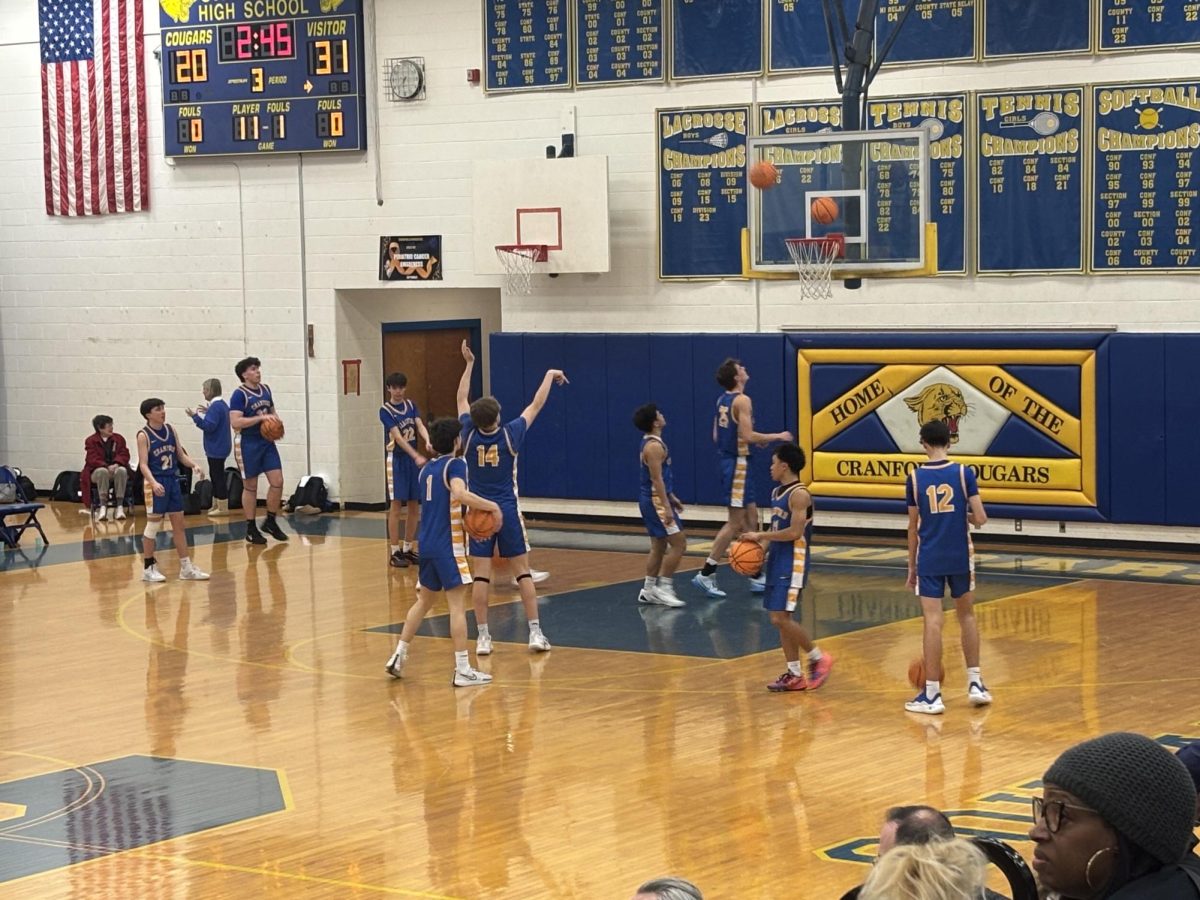Two of our esteemed teachers here at Cranford High School, Mr. Corazza and Ms. Szeluga, had the exciting opportunity to attend a prestigious conference for teachers across the nation. During this event, they explored diverse ways to integrate material into our classrooms through creative and innovative methods. At their respective events for History and English teachers, they each presented information at their own educational tables.
Mr. Corazza stated that the NCTE conference is typically held in November right before Thanksgiving at a different city each year. The conference typically revolves around a specific theme that each presenter will then incorporate at their individual tables. These presentations cover topics ranging from the elementary school level, all the way to college. For example, they have covered how to apply the close reading technique or ways to expand the variety of texts in classrooms to include art such as graphic novels and film. This year’s theme was centered around eight great memoirs about the resilience of the human spirit. Specifically, Mr. Corazza’s presentation addressed the memoir Educated by Tara Westover. All of the presentations ultimately focused on understanding how to better teach memoirs. He noted that over the years the NCTE conference has left him with an abundance of new ideas to employ in the classroom. He even met with John Lewis, a former congressman and author of March, which Mr. Corazza said was an especially compelling experience for him.
Ms. Szeluga’s primary goal for attending the historical conference, NCSS, was to showcase how librarians and history teachers can work together. Librarians offer a plethora of resources catered towards history teachers that they can incorporate into their curriculum. The different stations included teachers or experts sharing what they did in their classroom and which methods were successful so that people could workshop and make their own. One informational table was the eastern state penitentiary presenting on how to properly teach criminal justice in schools. Ms. Szeluga presented on breaking the stigma that librarians can only be paired up with English teachers. She explained that librarians can connect teachers with historical societies, some of which will even provide grants to improve classroom learning. Ms. Szeluga mentioned that “librarians do more than just checking books in and out.” They have a wealth of knowledge on many subjects. She stressed, for example, how librarians can be a valuable source of information on issues such as the history of women’s rights as well as black history. She included ideas on how to incorporate information about women during the colonial era all the way to the present day into the curriculum. She noted that when conversing with other teachers from across the country, many teachers are unable to integrate these crucial points because they have a predetermined curriculum with no room for creativity. She delved into a variety of methods that would better allow these teachers to bring this information into their classrooms. Overall, her main message from this event is that history teachers can rely on librarians for support and new techniques of learning.
Both teachers left with an incredible experience from these events, and we at CHS will benefit from their takeaways!


